Feeling a bit overwhelmed by all the stuff crowding your space? You’re not alone. It’s amazing how quickly our homes can fill up with things we don’t really need or use. But here’s the good news: decluttering doesn’t have to be a massive, time-consuming project. In fact, with a bit of focus and determination, you can make a big difference in just 30 days. I’ve put together a list of 50 things you can easily part with over the next month. These aren’t just random items – they’re the sneaky clutter culprits that tend to accumulate in most homes. By tackling one or two items each day, you’ll be amazed at how much lighter and more organised your space feels by the end of the month. Ready to free up some space and reduce your stress levels? Let’s get started!
Old Magazines
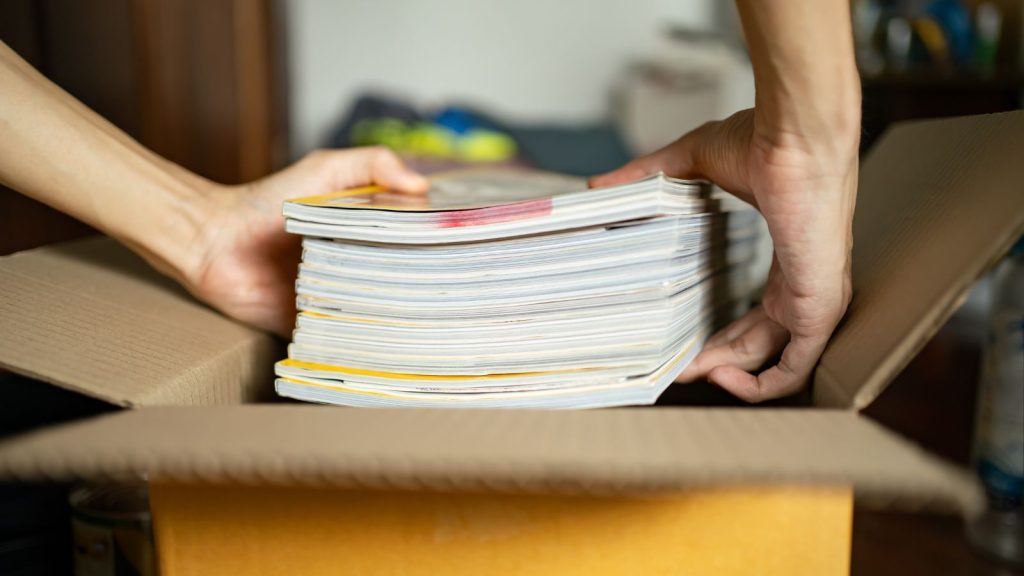
Those stacks of glossy magazines might seem harmless, but they’re taking up valuable space. Keep only the current month’s issues and recycle the rest. If there are specific articles you want to keep, consider taking photos of them or finding digital versions online. For magazines with beautiful imagery, consider using them for collage projects or donating them to local schools for art classes.
Expired Medications

Go through your medicine cabinet and safely dispose of any expired medications. These can be ineffective or even harmful if taken past their expiry date. Check with your local pharmacy for proper disposal methods to protect the environment. Make a note of any essential medications you’ve disposed of so you can replace them promptly.
Mismatched Socks

We all have that drawer full of lonely socks hoping for their partners to return. It’s time to let them go. Consider using odd socks as cleaning rags or donating them to textile recycling programmes. For children’s socks, consider using them as puppet crafts or to protect delicate items in storage.
Old Mobile Phones
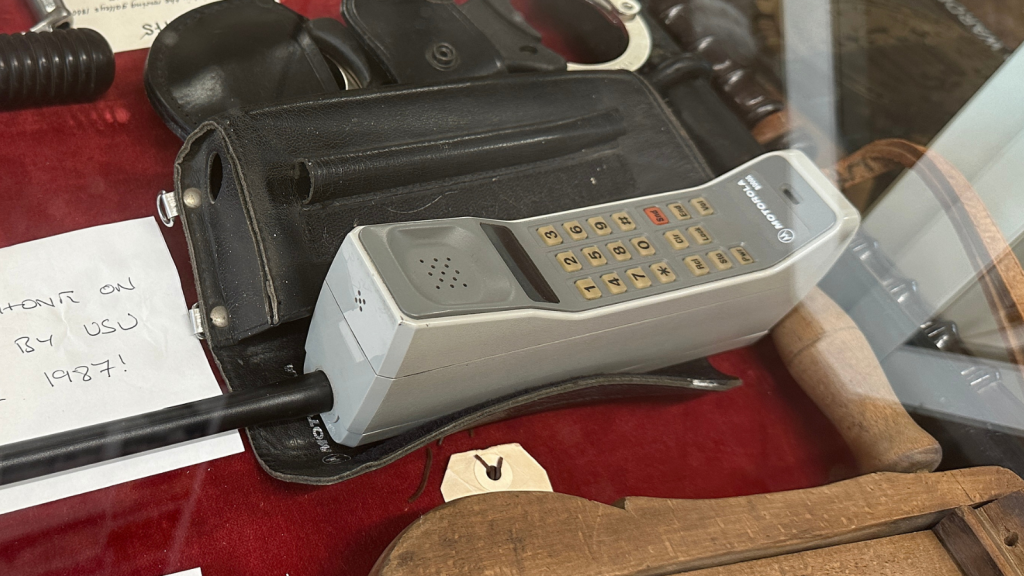
Those old mobiles gathering dust in your drawer could be put to better use. Many charities accept old phones, or you could recycle them at electronic waste collection points. Remember to wipe your personal data before donating or recycling. Some police stations also collect old mobile phones for use as emergency phones for vulnerable individuals.
Unused Kitchen Gadgets
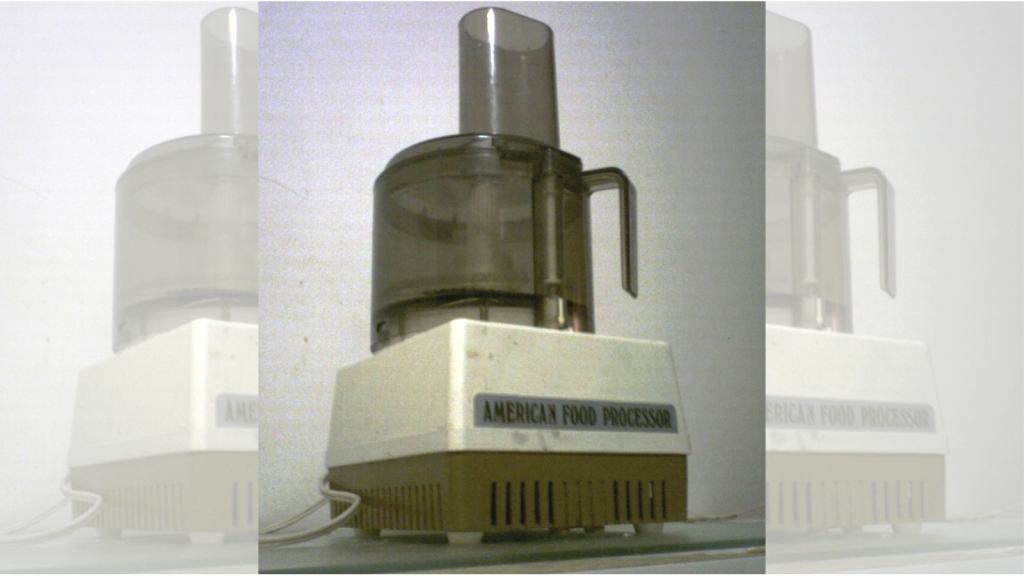
Be honest about which kitchen gadgets you actually use. That spiralizer or bread maker might have seemed like a good idea at the time, but if it’s just collecting dust, it’s time to find it a new home. Donate working gadgets to charity shops or sell them online. Before donating, give each gadget a quick clean and check that all parts are present to ensure it’s genuinely useful to the next owner.
Outdated Electronics
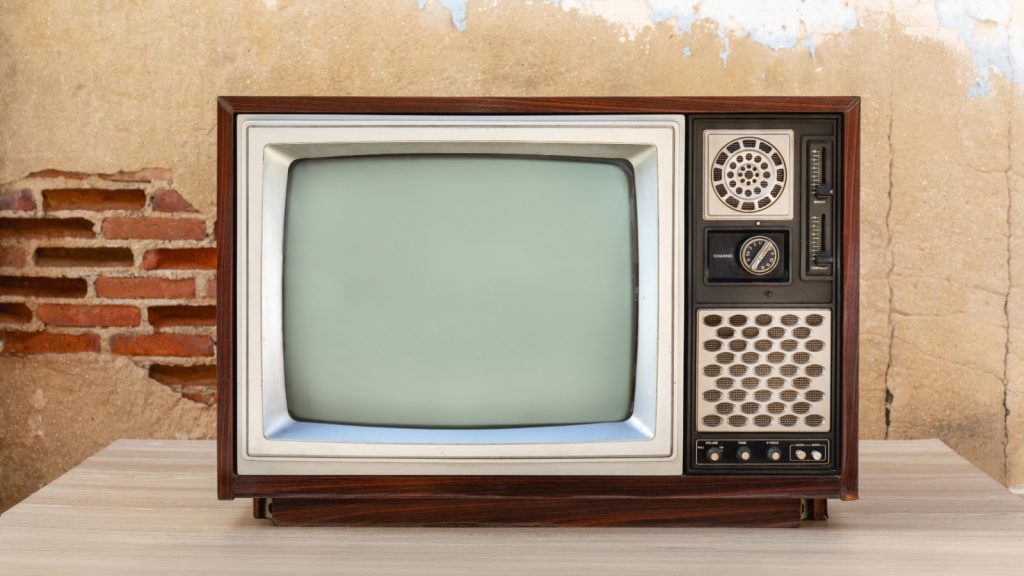
Old DVD players, VCRs, or non-smart TVs that you no longer use are just taking up space. Recycle these at your local electronic waste centre. Some retailers also offer take-back schemes for old electronics. Before recycling, check if any of your outdated electronics have become collectible – some vintage tech can be surprisingly valuable.
Broken Items
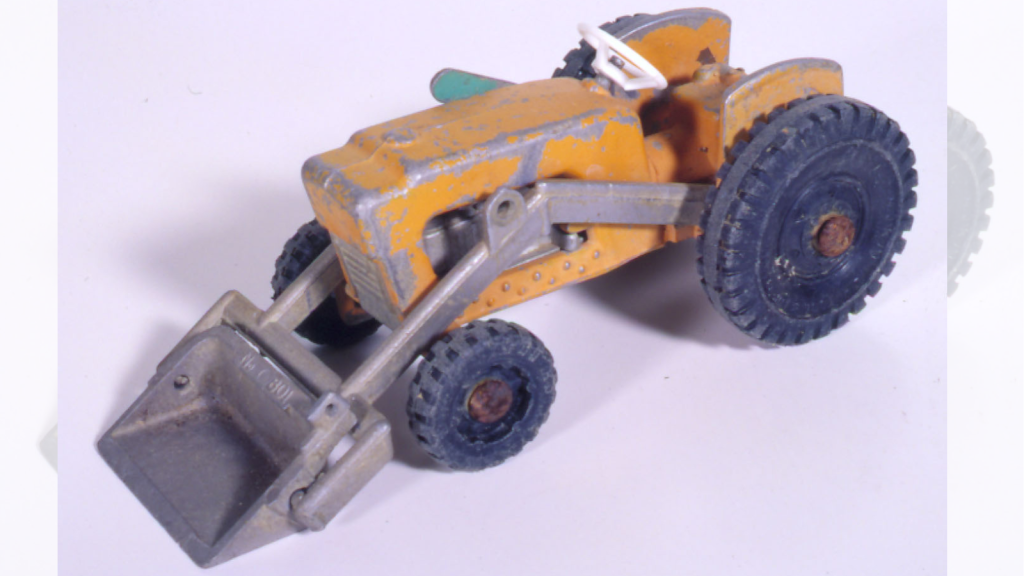
We often hold onto broken items with the intention of fixing them “someday”. If you haven’t fixed it in the past year, chances are you won’t. Either repair it now or let it go. This applies to everything from broken toys to malfunctioning appliances. If you decide to repair, set a specific deadline to avoid indefinite procrastination.
Old Makeup
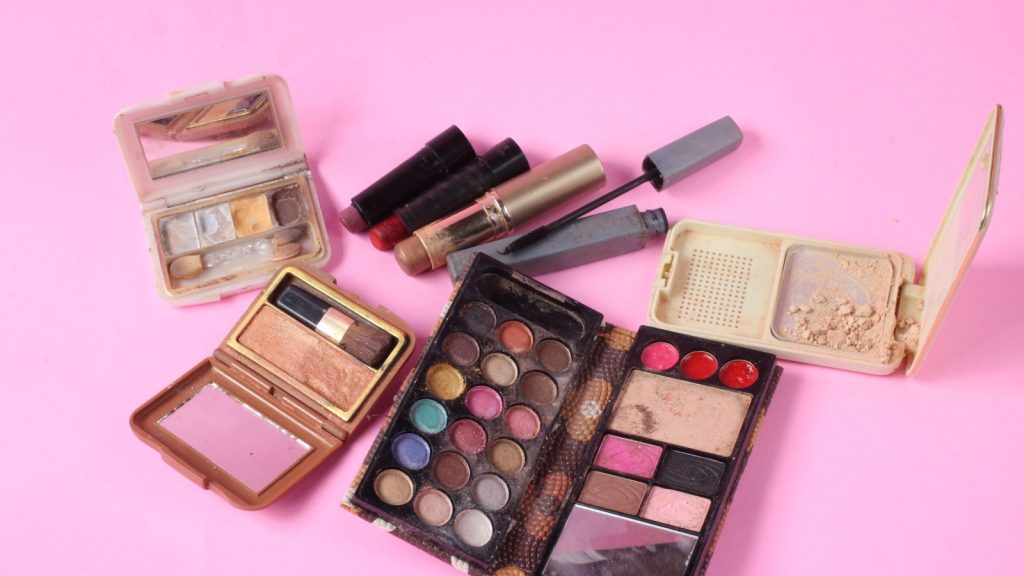
Makeup doesn’t last forever. Check the expiry dates on your cosmetics and toss anything that’s past its prime. Old makeup can harbour bacteria and lead to skin issues. Most products have a symbol indicating how many months they’re good for after opening. Consider switching to more natural, longer-lasting makeup options to reduce waste in the future.
Unused Gift Cards
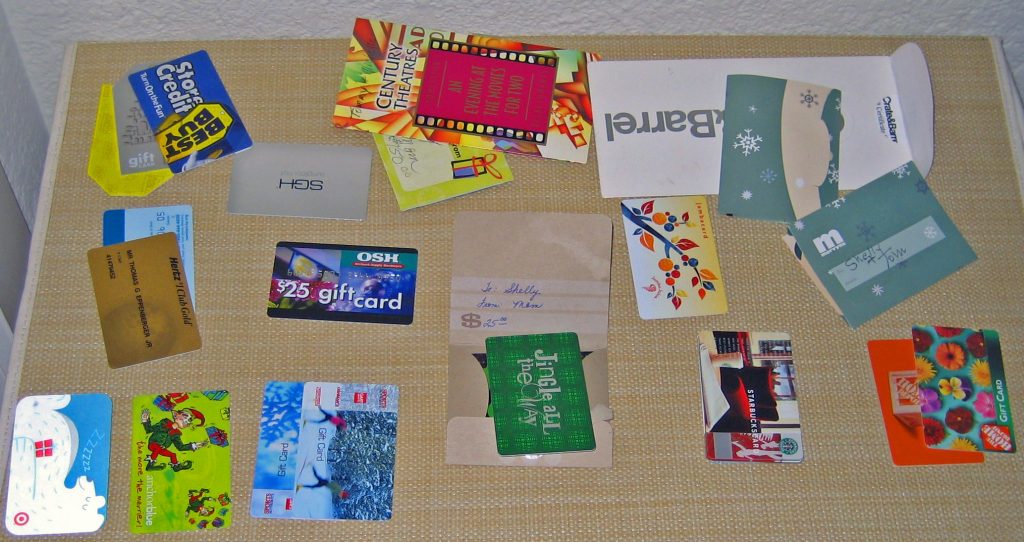
Go through your wallet or drawer and use up those old gift cards. If you don’t plan to use them, consider regifting or selling them online. Some charities also accept gift card donations. Check the balance and expiry date of each card – some gift cards start deducting value if unused for a long period.
Excess Tupperware
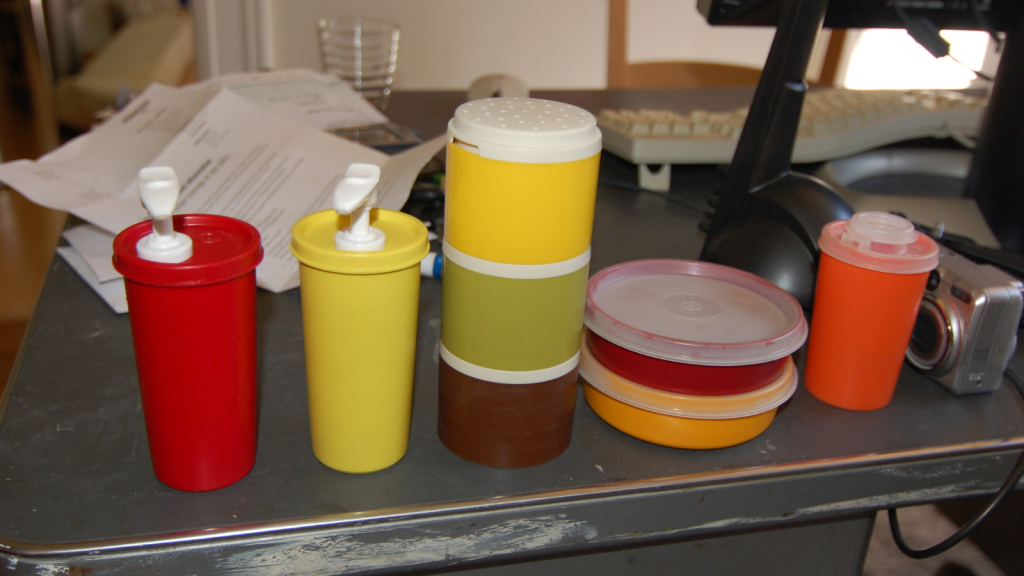
Most of us have far more food storage containers than we need. Keep only the ones you regularly use and recycle or donate the rest. Make sure to match lids with containers to avoid future clutter. Consider investing in a high-quality, matching set to replace your mismatched collection – it’ll save space and make storage easier.
Old Schoolwork or Notes

Unless you’re actively referring to old notes or assignments, it’s time to let them go. Consider scanning important documents if you want to keep the information without the physical clutter. Recycle the paper to give it new life. Before recycling, quickly flip through to ensure you’re not discarding any important certificates or irreplaceable mementos.
Expired Food Items
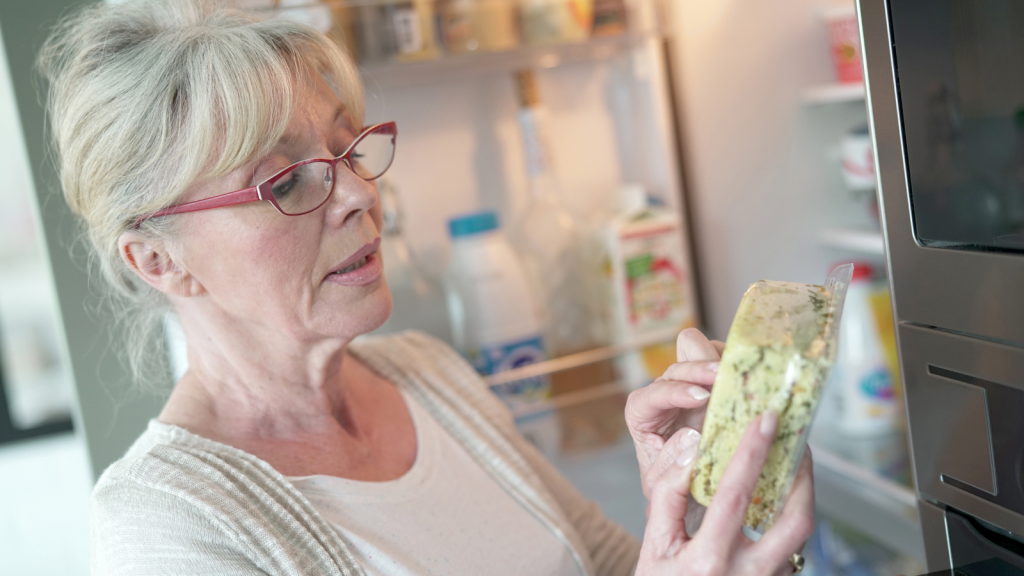
Go through your pantry and fridge, checking expiration dates. Toss anything that’s past its prime. For non-perishables that are still good but you won’t use, consider donating to a local food bank. Use this as an opportunity to reorganise your food storage, placing newer items at the back to ensure you use older items first.
Old Towels and Linens
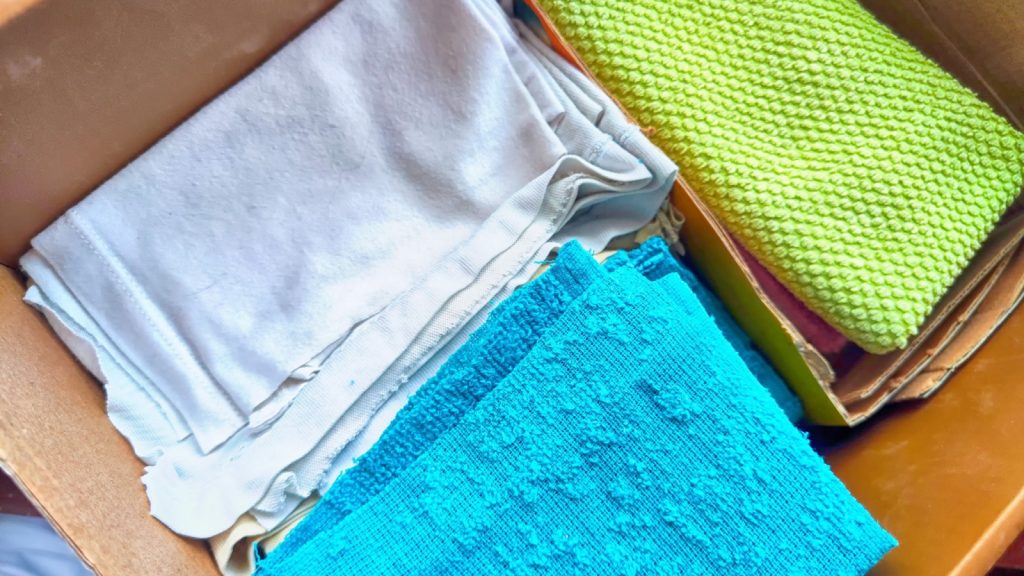
Threadbare towels and worn-out sheets don’t bring joy to your bathroom or bedroom. Donate old but still usable linens to animal shelters, which often need them for bedding. Cut up the truly worn-out ones for cleaning rags. Consider investing in higher-quality, more durable linens to reduce future waste.
Unused Craft Supplies
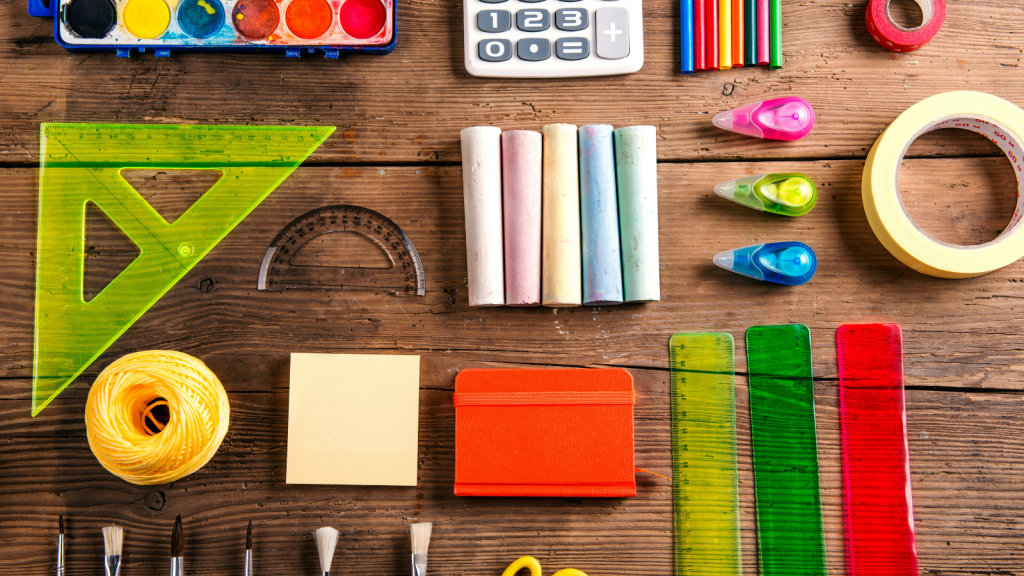
Be realistic about which craft projects you’ll actually complete. Donate unused supplies to schools or community centres where they’ll be put to good use. Keep only the materials for projects you’re genuinely excited about. Organise remaining supplies by project to avoid future overwhelm and inspire creativity.
Old Calendars and Planners
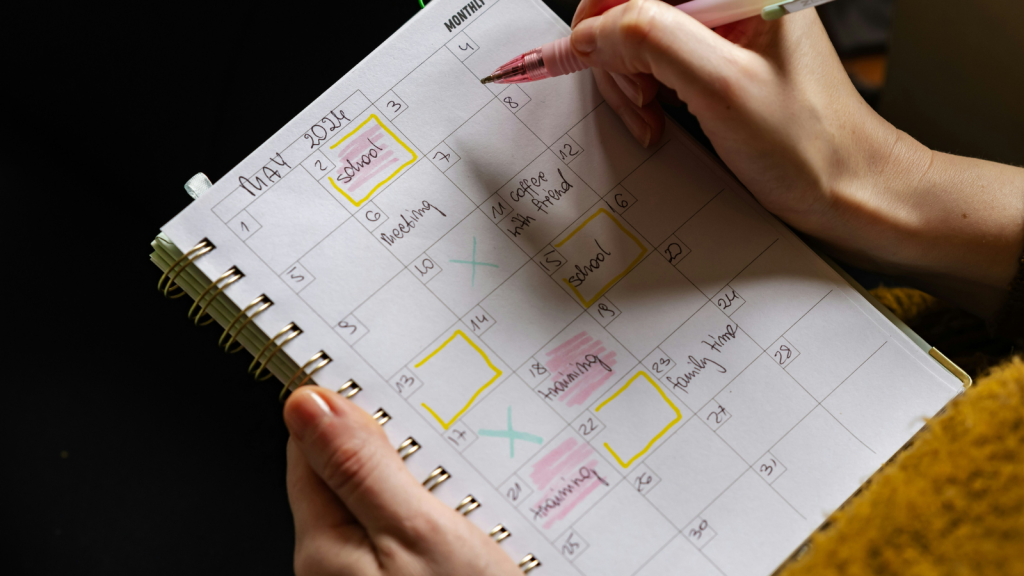
There’s no need to keep calendars and planners from previous years. Recycle these after transferring any important information. If they’re artsy, consider framing favourite pages as decor before recycling the rest. Use this as an opportunity to reflect on your past year and set intentions for the future.
Excess Hangers
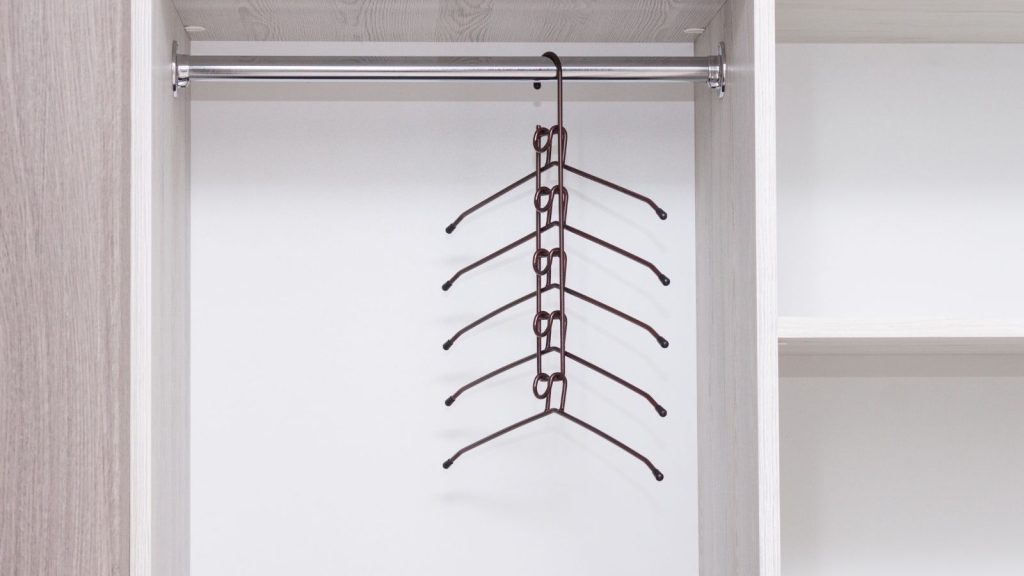
Most of us accumulate more hangers than we need. Keep only the ones you actually use and return extras to the dry cleaners or donate them. Wire hangers can often be recycled with other metals. Consider switching to a uniform set of space-saving hangers to streamline your wardrobe.
Outdated Manuals and Instruction Booklets
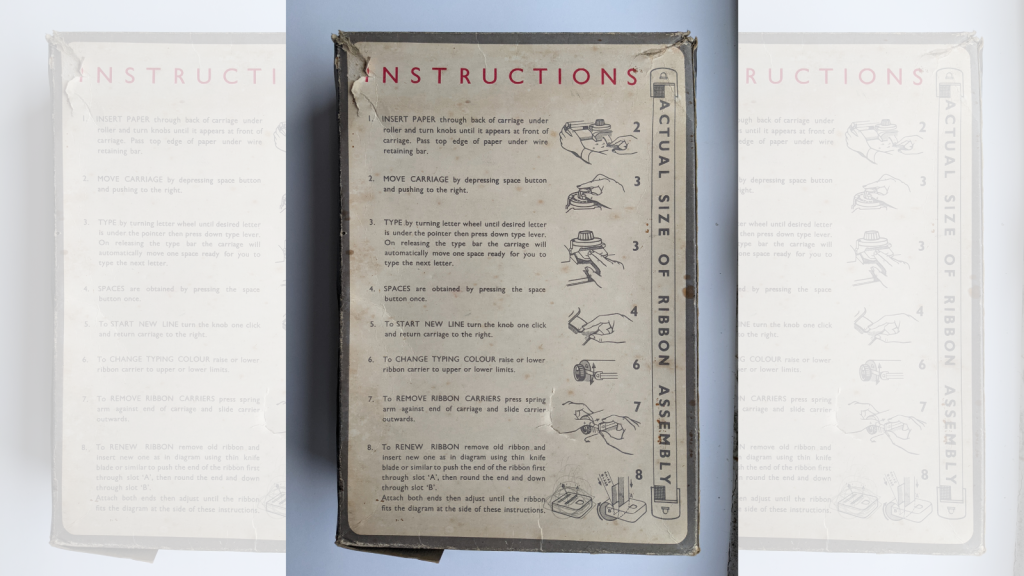
In the age of the internet, most product manuals can be found online. Recycle paper manuals and free up drawer space. Keep only those for items you frequently need to reference or that aren’t available digitally. Create a digital folder on your computer or cloud storage for manuals you decide to keep electronically.
Old Receipts

Unless you need them for tax purposes or potential returns, most receipts can be tossed after a month or two. Many stores now offer digital receipts, which can help reduce paper clutter in the future. For receipts you need to keep, consider using a receipt-scanning app to store them digitally.
Unused Exercise Equipment
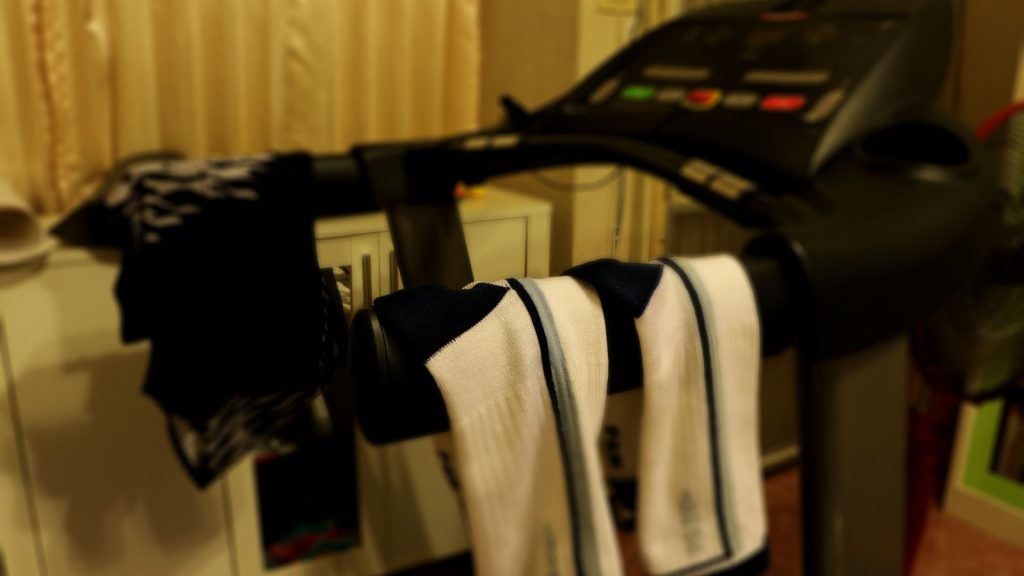
That treadmill doubling as a clothes hanger isn’t doing you any favours. Sell or donate exercise equipment you don’t use. Someone else might put it to good use, and you’ll free up valuable space. Before donating, give equipment a thorough clean and check it’s in good working order.
Old Pillows

Pillows should be replaced every 1-2 years for hygiene reasons. Donate old pillows to animal shelters or recycle them if they’re beyond use. Some textile recycling programmes accept old pillows. Consider investing in high-quality, washable pillows to extend their lifespan and reduce waste.
Duplicate Kitchen Utensils
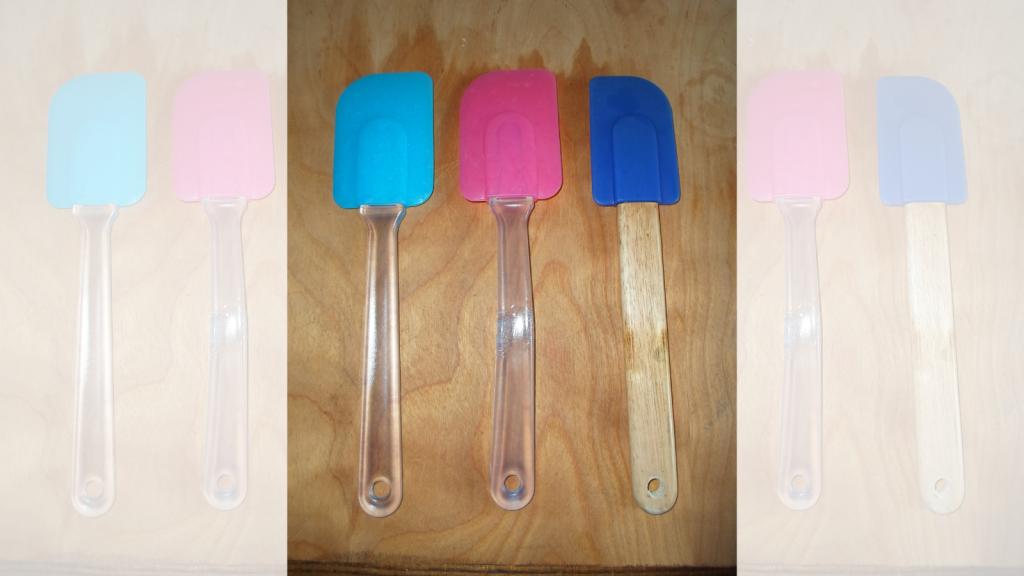
How many spatulas do you really need? Keep your favourites and donate the rest. This applies to other frequently duplicated items like wooden spoons, whisks, and serving spoons. Organise remaining utensils in a way that makes them easily accessible to encourage regular use.
Outgrown Children’s Clothes

Kids grow fast, and their wardrobes can quickly become overwhelming. Donate clothes in good condition or pass them on to friends with younger children. Consider consignment shops for higher-end items. Use this as an opportunity to teach children about the value of passing on items they no longer need.
Old Spices
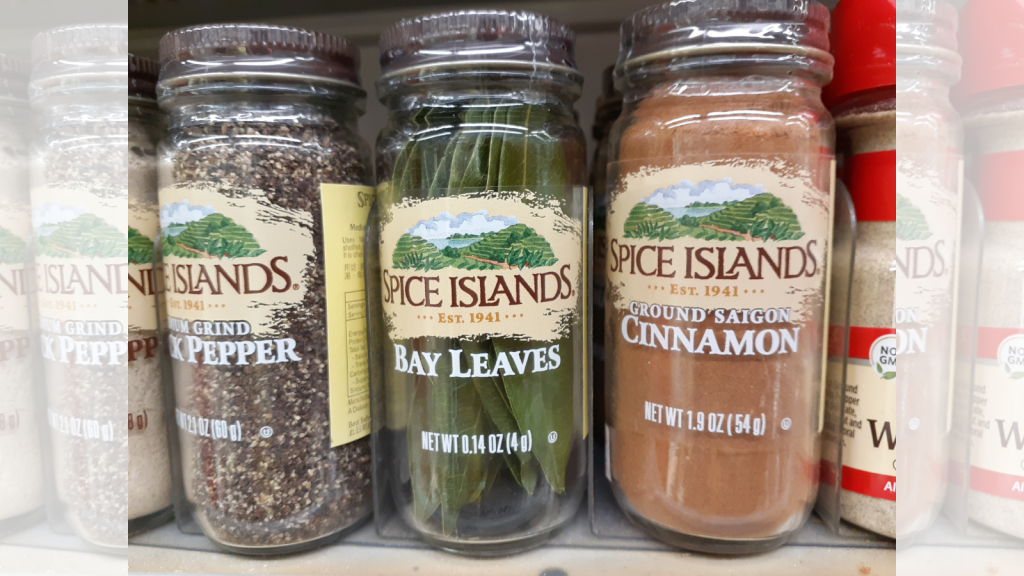
Spices lose their potency over time. If you can’t remember when you bought it, it’s probably time to replace it. Compost old spices or use them to make naturally scented sachets for drawers. Consider buying smaller quantities of spices you use less frequently to ensure freshness.
Unused Vases
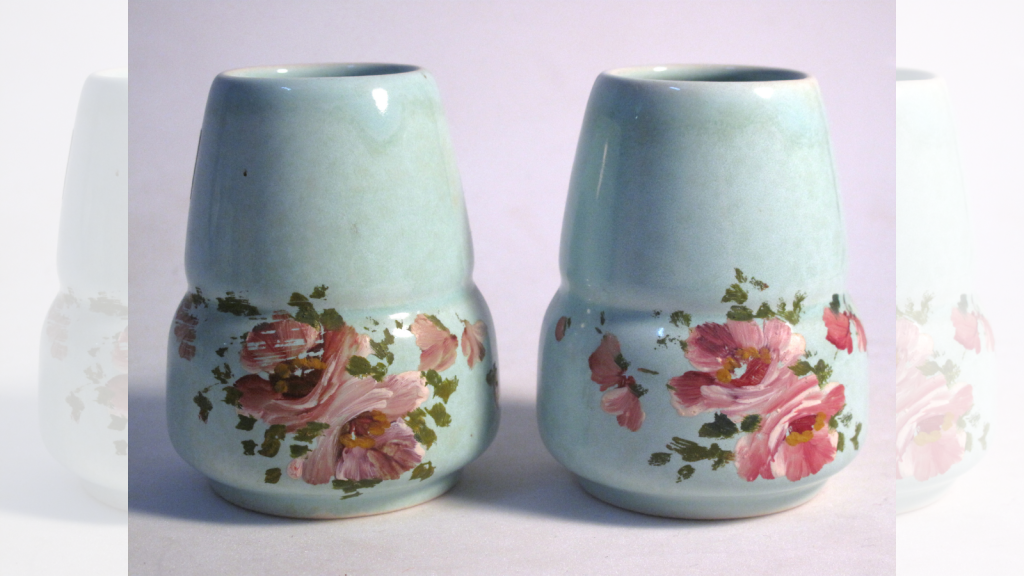
Unless you’re a frequent entertainer or flower arranger, you probably don’t need a cabinet full of vases. Keep a few in various sizes and donate the rest. Many charity shops and florists welcome vase donations. Consider using some as decorative containers for kitchen utensils or bathroom items.
Old Newspapers

Recycle old newspapers, keeping only those with significant personal or historical value. If you enjoy reading the news in print, consider a digital subscription to reduce future paper clutter. For papers you want to keep, create a scrapbook or memory box to store them more efficiently.
Expired Coupons
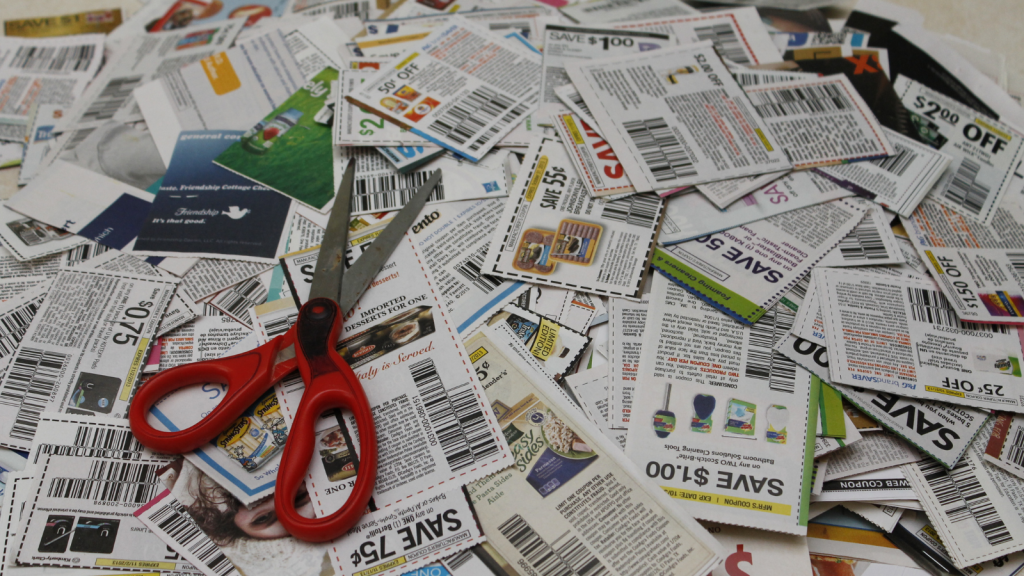
Sort through your coupon stash and toss any that have expired. Consider switching to digital coupons or apps to reduce paper clutter in the future. Some organisations collect expired coupons to send to military families overseas who can use them past their expiration date. Set up a simple system to organise current coupons by expiration date.
Old Batteries

Gather up old batteries and dispose of them properly at a battery recycling point. Many supermarkets and electronics stores have collection bins. Never throw batteries in the regular bin as they can be harmful to the environment. Consider investing in rechargeable batteries for frequently used items to reduce waste.
Unused Pet Supplies
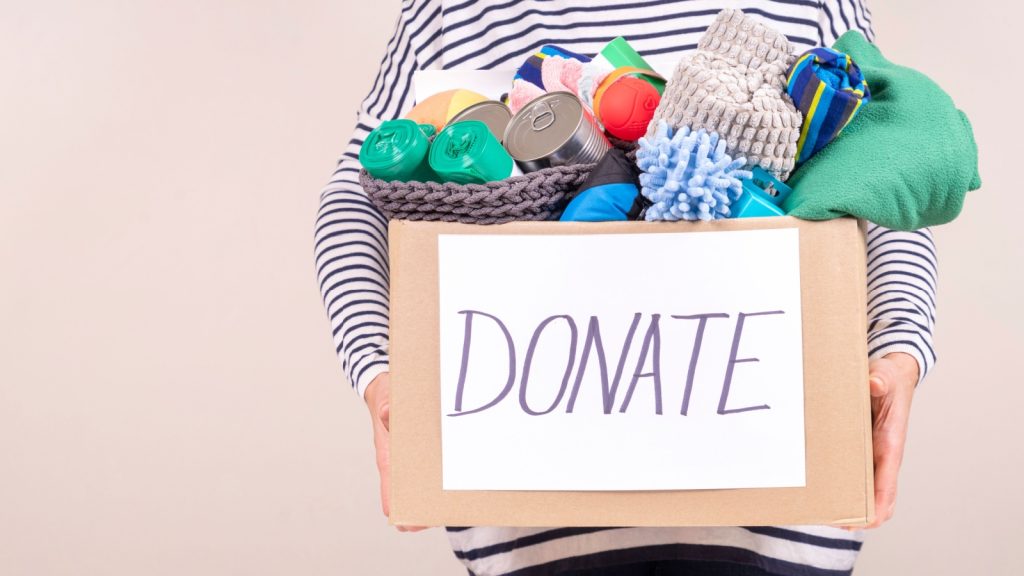
If your pet has outgrown certain toys or supplies, donate them to an animal shelter. Keep only what your pet currently uses and enjoys. Many shelters are grateful for donations of gently used pet beds, carriers, and toys. Before donating, wash fabric items and sanitise toys to ensure they’re in the best possible condition.
Old Greeting Cards

Keep a few special cards and recycle the rest. If you’re sentimental, consider taking photos of cards before recycling them. Some charity shops accept old cards for craft projects. Use this as an opportunity to reach out to the senders of special cards and reconnect.
Excess Paper Bags

We often accumulate more paper bags than we need. Recycle extras or use them to line small bins. Keep only a reasonable number for future use. Many food banks and charity shops welcome donations of sturdy paper bags. Consider using cloth bags for shopping to reduce future paper bag accumulation.
Old Sunscreen
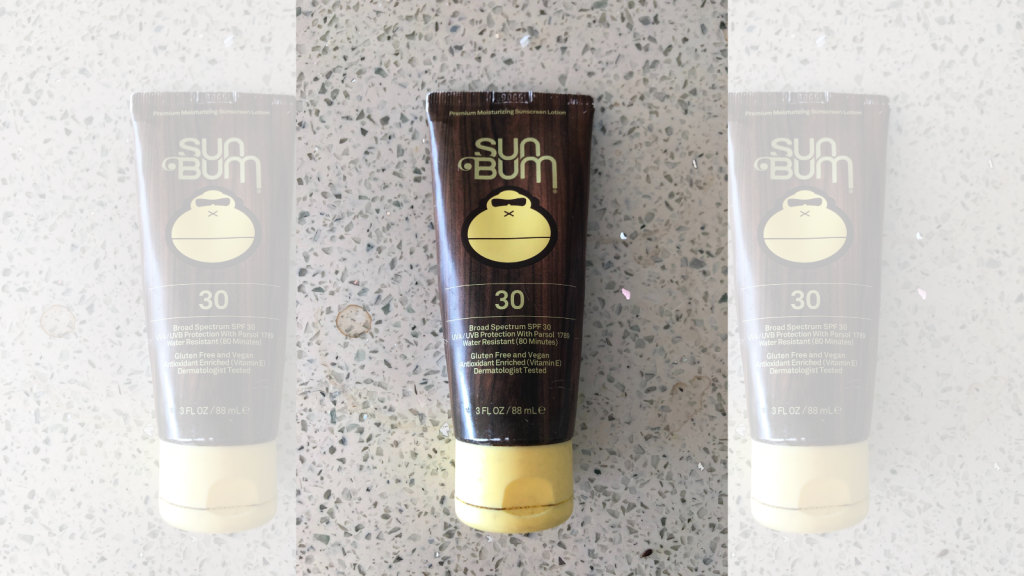
Sunscreen loses its effectiveness over time. Check the expiry dates and toss any that are past their prime. Old sunscreen can be less effective at protecting your skin from harmful UV rays. Use this as a reminder to restock your sun protection supplies and consider more eco-friendly sunscreen options.
Unused Luggage
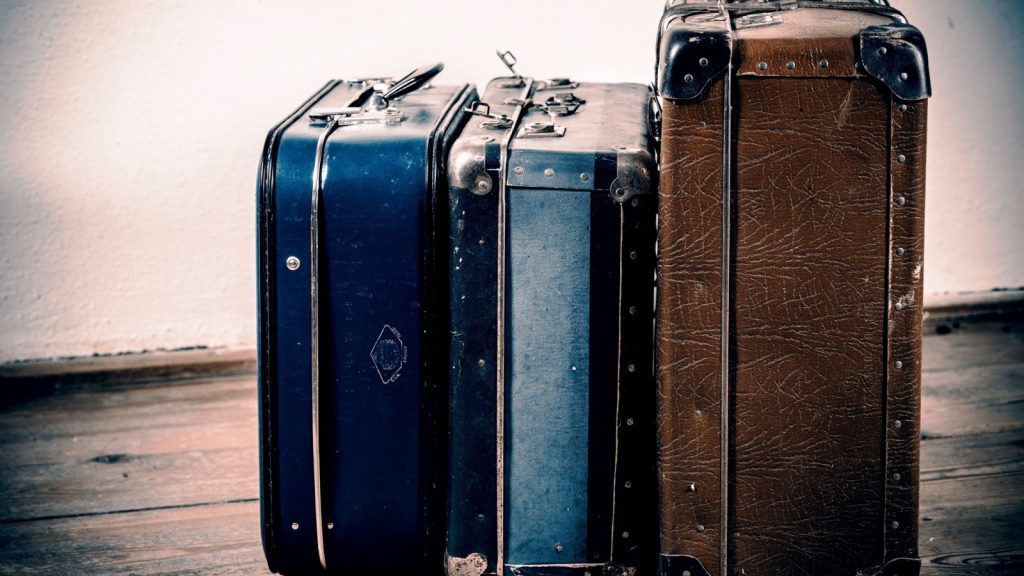
If you have more luggage than you realistically use, consider donating the extras. Keep a variety of sizes for different trip lengths, but be realistic about what you actually need. Many charitable organisations welcome luggage donations for people transitioning out of homelessness. Before donating, check all zippers and wheels to ensure they’re in good working order.
Old Bath Products
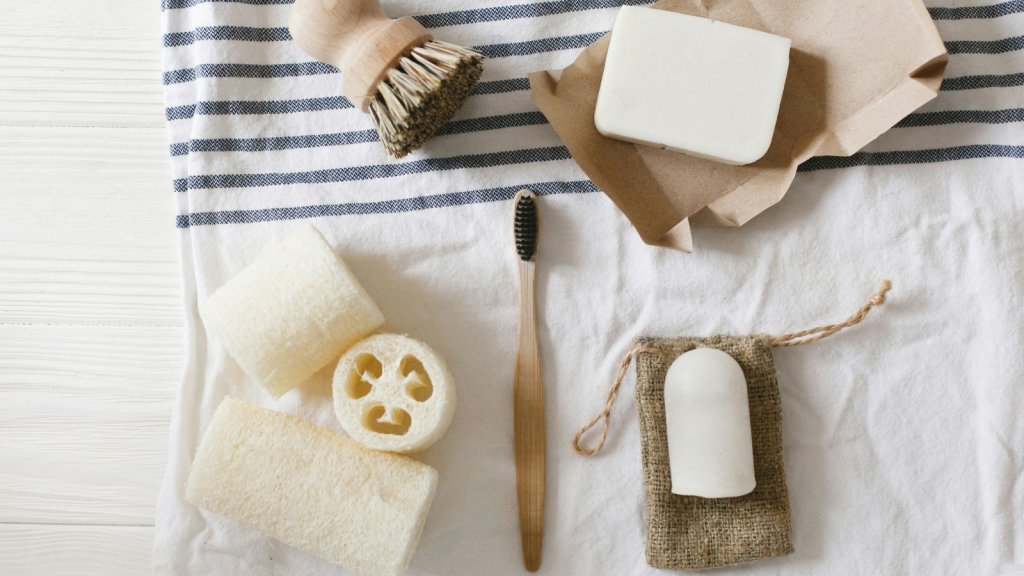
Go through your bathroom and toss any bath products you don’t use or that have expired. Old loofahs and sponges can harbour bacteria and should be replaced regularly. Consider switching to more sustainable bath products to reduce future waste. Use this as an opportunity to deep clean your bathroom and reorganise your remaining products.
Duplicate Tools
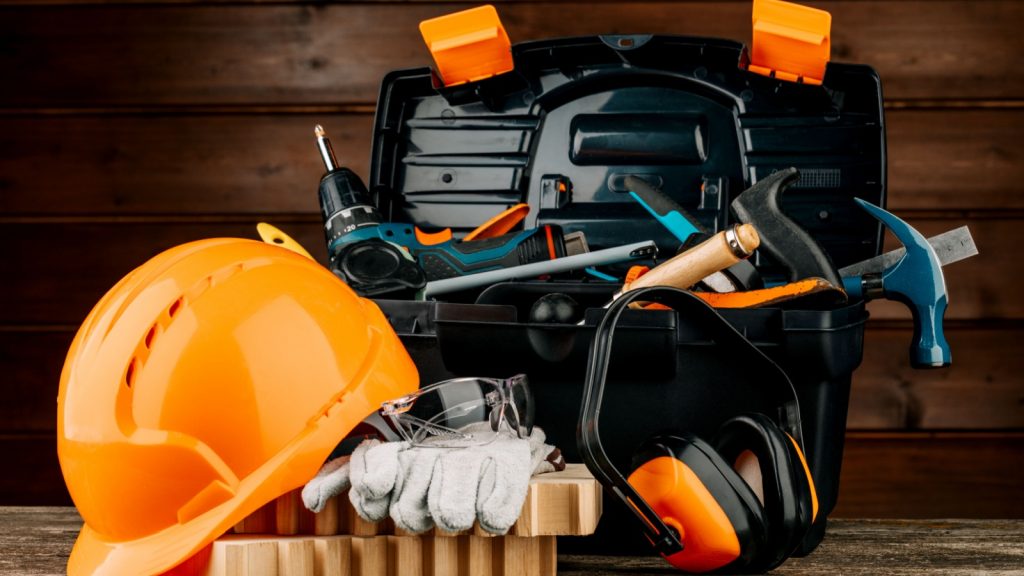
Most households only need one hammer or screwdriver set. Donate extras to community tool libraries or schools with shop classes. Keep only the tools you regularly use and know how to use safely. Consider creating a basic toolkit for each floor of your home to avoid accumulating duplicates.
Old Cloth Shopping Bags
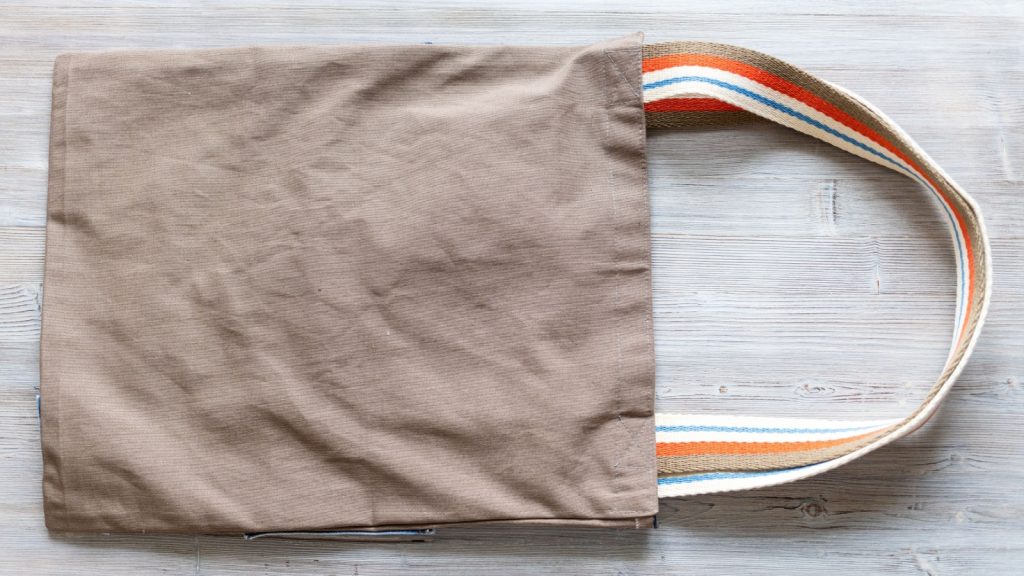
While reusable bags are great for the environment, it’s easy to accumulate too many. Keep a reasonable number and donate the rest. Many charity shops and food banks welcome donations of sturdy reusable bags. Consider keeping bags in your car or by the front door to ensure you always have them when needed.
Unused Gardening Supplies
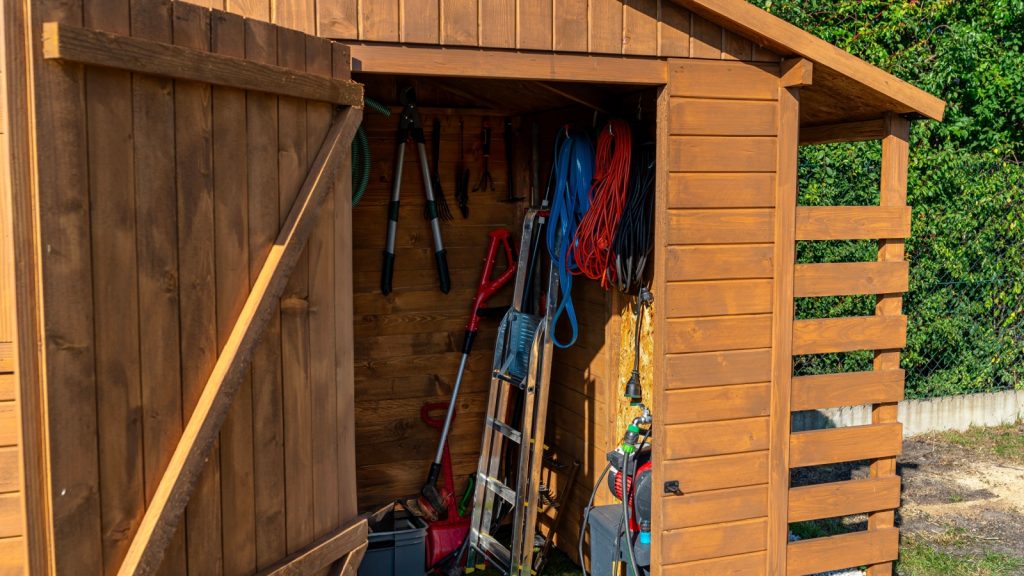
Assess your gardening supplies and donate or recycle anything you don’t use. Old plastic pots can often be returned to garden centres for recycling. Keep only the tools and supplies you actually use in your current gardening setup. Consider sharing rarely-used gardening equipment with neighbours to reduce individual ownership of seldom-used items.
Old Paintbrushes
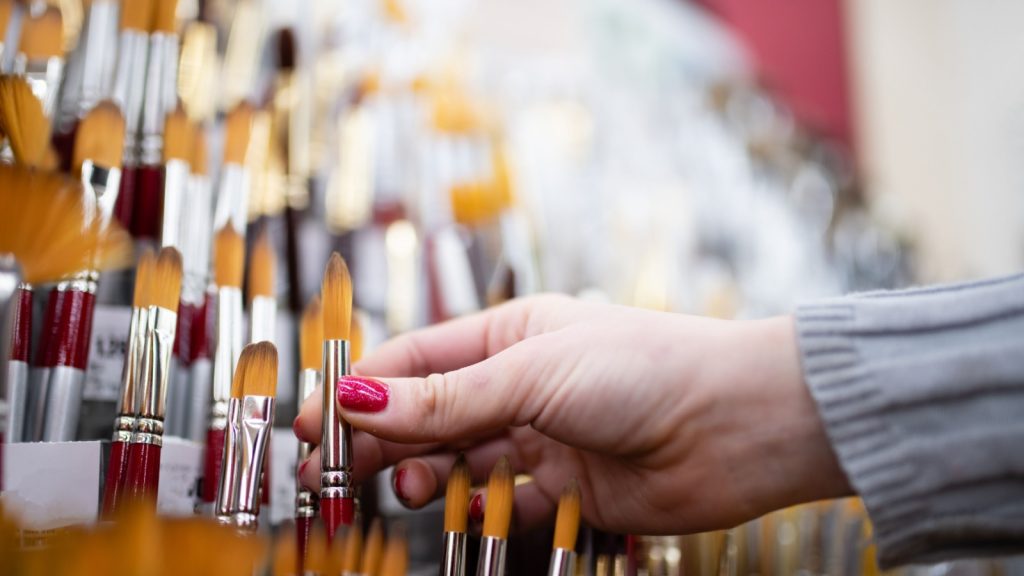
Dried-up paintbrushes are of no use to anyone. Dispose of old brushes and keep only those in good condition. Some art programmes may accept donations of gently used art supplies, including brushes. Learn proper brush cleaning techniques to extend the life of your remaining brushes.
Excess Bedding

Keep only the bedding you actively use and donate the rest. Most households only need two to three sets of sheets per bed. Animal shelters often welcome donations of old blankets and duvets. Before storing, ensure all bedding is clean and dry to prevent mildew and musty odours.
Old Shoes
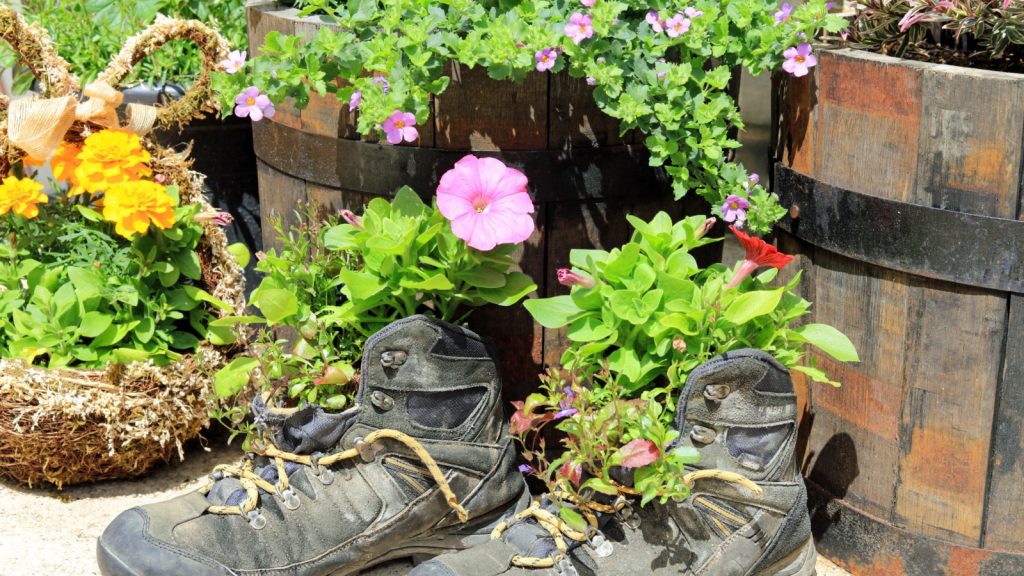
Shoes that are worn out or no longer fit are just taking up space. Donate shoes in good condition and recycle the rest. Many running shoe shops have recycling programmes for old trainers. Consider investing in versatile, high-quality shoes to reduce the need for multiple pairs.
Unused Cleaning Products
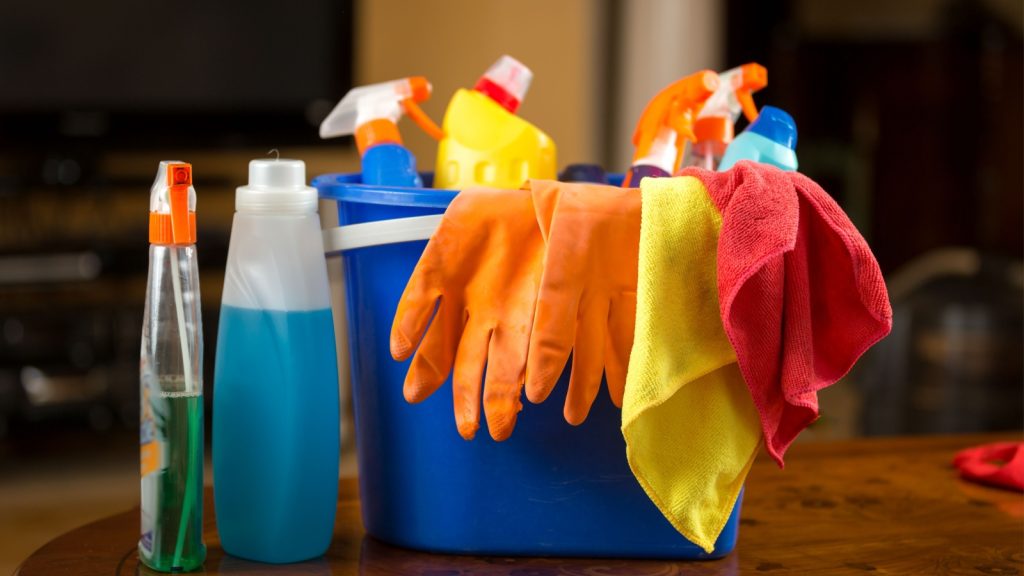
We often buy new cleaning products before finishing old ones. Use up what you have before buying more. Dispose of old or unused cleaning products properly – never pour them down the drain. Consider switching to eco-friendly, multi-purpose cleaners to reduce the number of products you need.
Old Takeaway Menus
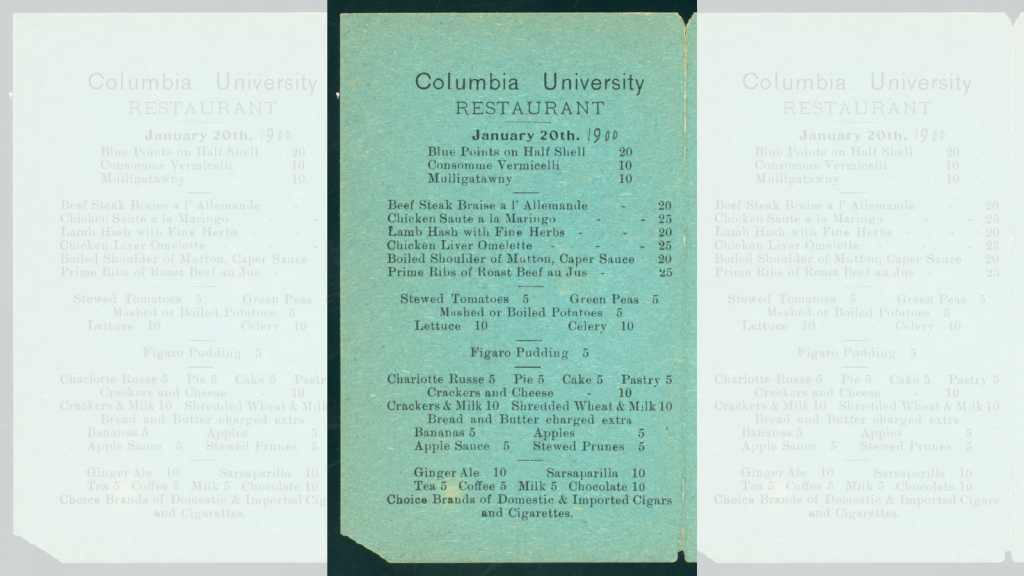
In the age of online ordering, paper menus are often unnecessary. Recycle old menus and bookmark your favourite restaurants online instead. This reduces paper clutter and ensures you always have the most up-to-date menu. Create a digital folder of your favourite local eateries for easy reference.
Unused Perfumes or Colognes
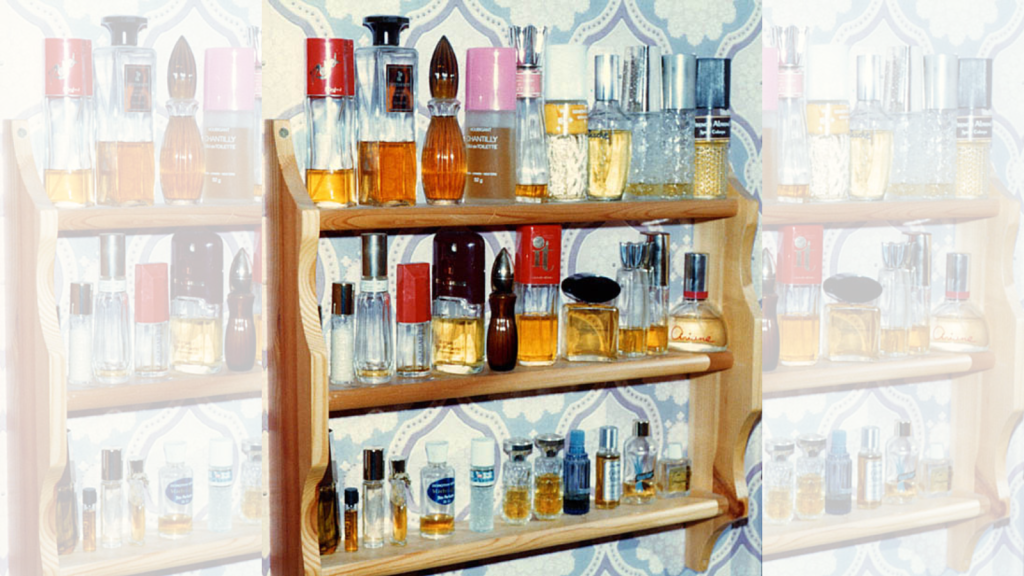
Fragrances can expire and change scent over time. If you haven’t used a perfume in the past year, consider donating it. Some women’s shelters accept donations of unused beauty products, including fragrances. For future purchases, consider buying smaller bottles or samples to avoid waste.
Old Glasses
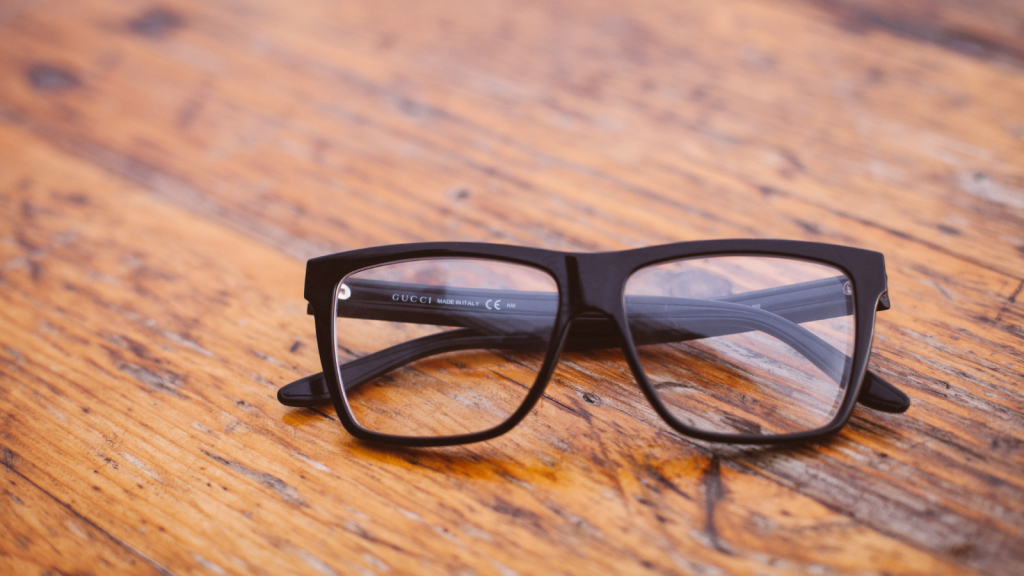
If you have old prescription glasses lying around, donate them to organisations that provide eyewear to those in need. Many opticians have collection boxes for old glasses. Keep only your current prescription and maybe one backup pair. Use this as a reminder to schedule an eye check-up if you’re due for one.
Excess Wine Bottles

Many of us keep a few nice bottles for potential craft projects. Be realistic about which projects you’ll actually complete and recycle the rest. Some areas have specific glass recycling for different coloured bottles. If you’re keen on upcycling, set a deadline for your wine bottle projects to avoid indefinite storage.
Old Sports Equipment
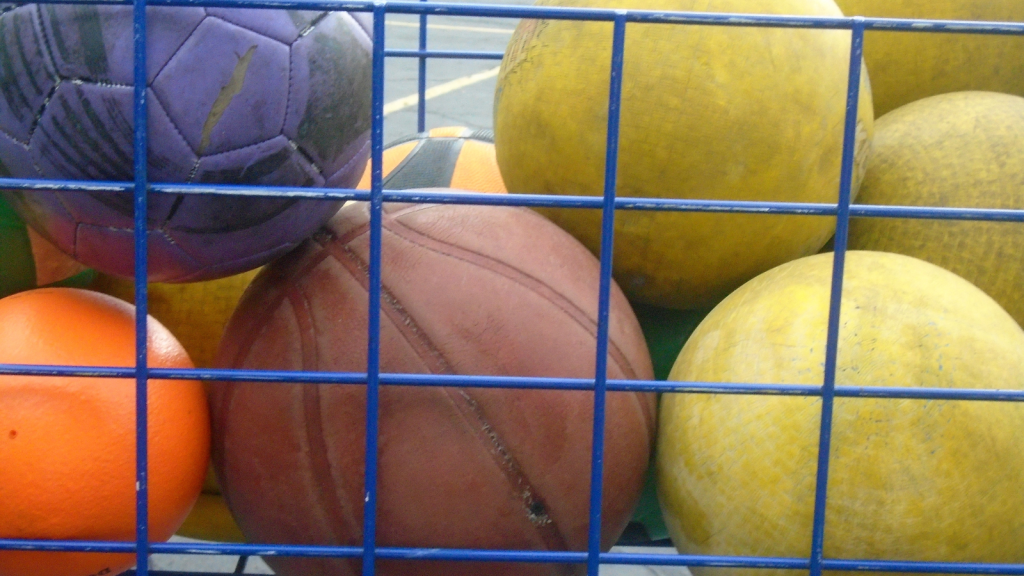
Donate sports equipment you no longer use. Schools, community centres, and youth programmes often welcome these donations. Keep only the equipment for sports you actively participate in. Consider renting equipment for occasional use rather than buying and storing it long-term.
Unused Musical Instruments
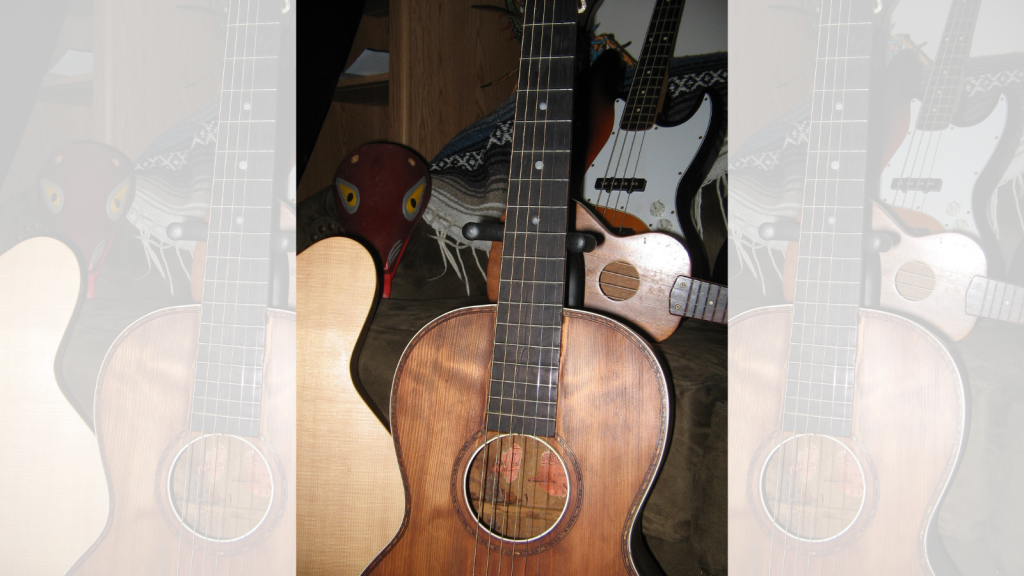
If you have musical instruments gathering dust, consider donating them to school music programmes or community organisations. Someone else might discover a new passion for music with your unused instrument. If you’re hesitant to part with an instrument, set a goal to practice regularly or take lessons to justify keeping it.
Old Cookbooks
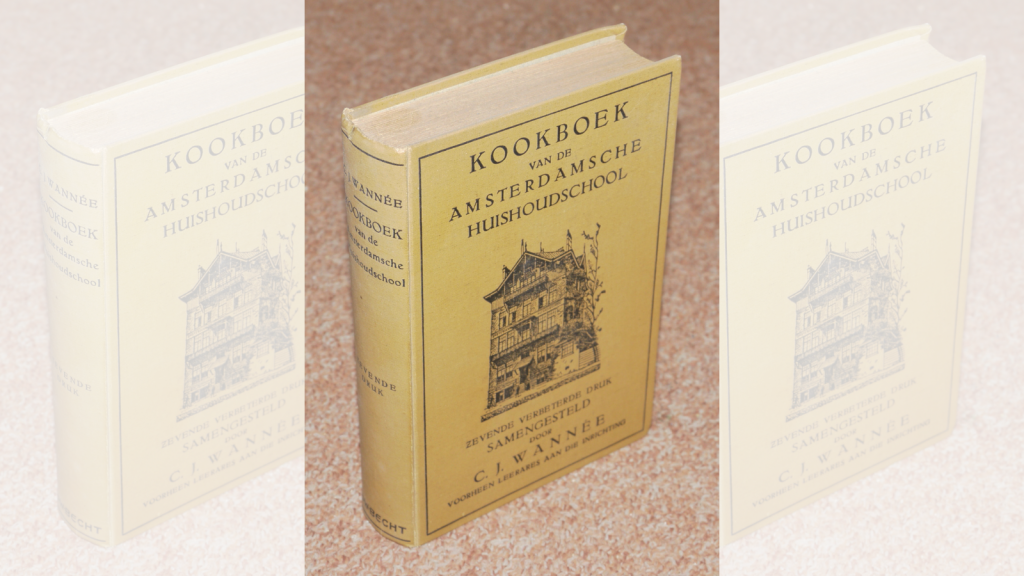
Keep only the cookbooks you actually use and donate the rest. Consider taking photos of favourite recipes before donating if there are just a few you use from each book. Many charity shops welcome cookbook donations. Organise your remaining cookbooks by cuisine or occasion to inspire more frequent use.
Excess Mugs

Most households only need a few mugs per person. Donate the extras to charity shops or use them as planters for small herbs. Keep only your favourites and those you use regularly. Consider creating a ‘mug limit’ for your household to prevent future accumulation.
Old Magnets
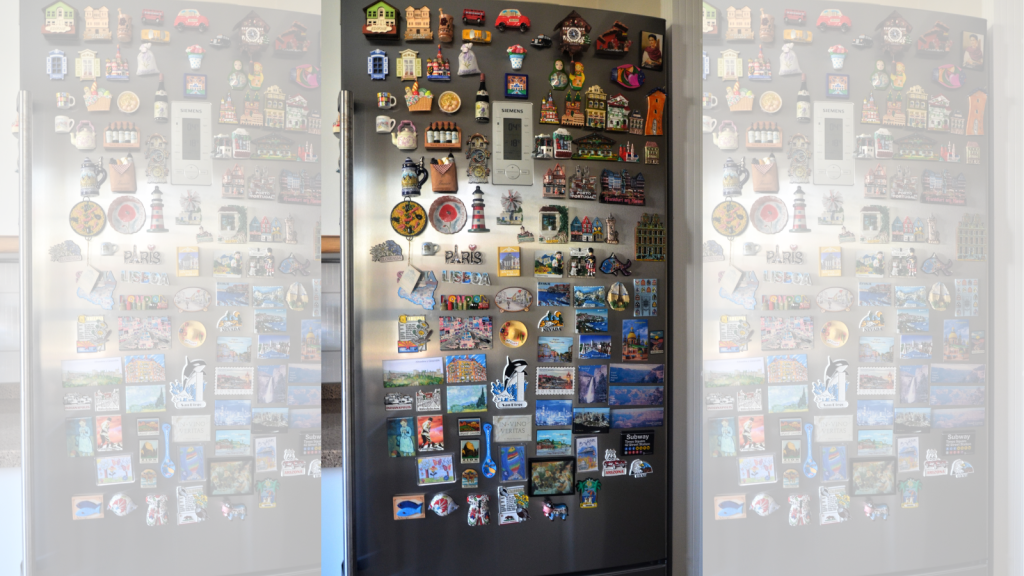
Fridge magnets can quickly clutter up your kitchen. Keep only those with sentimental value or that you actively use. Recycle or donate the rest. Some teachers welcome magnet donations for classroom activities. Consider using a magnetic board in a less prominent area if you enjoy displaying magnets.
Unused Fabric
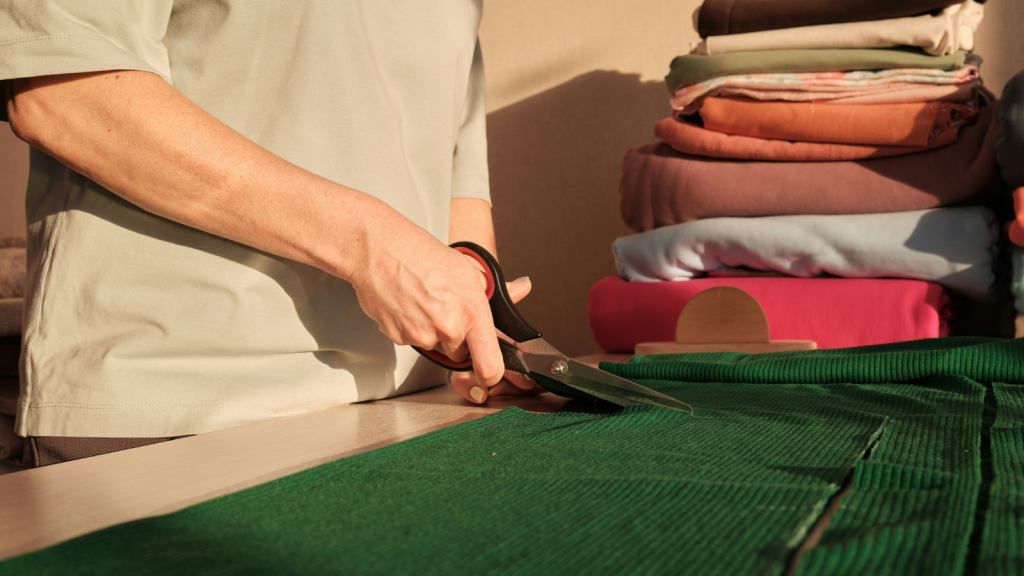
Be honest about which sewing or craft projects you’ll actually complete. Donate unused fabric to schools, community centres, or quilting groups. Keep only the fabric for projects you’re genuinely excited about starting soon. Organise remaining fabric by colour or project to inspire creativity and prevent overwhelm.
Katy Willis is a writer, master herbalist, master gardener, and certified canine nutritionist who has been writing since 2002. She’s finds joy in learning new and interesting things, and finds history, science, and nature endlessly fascinating.

